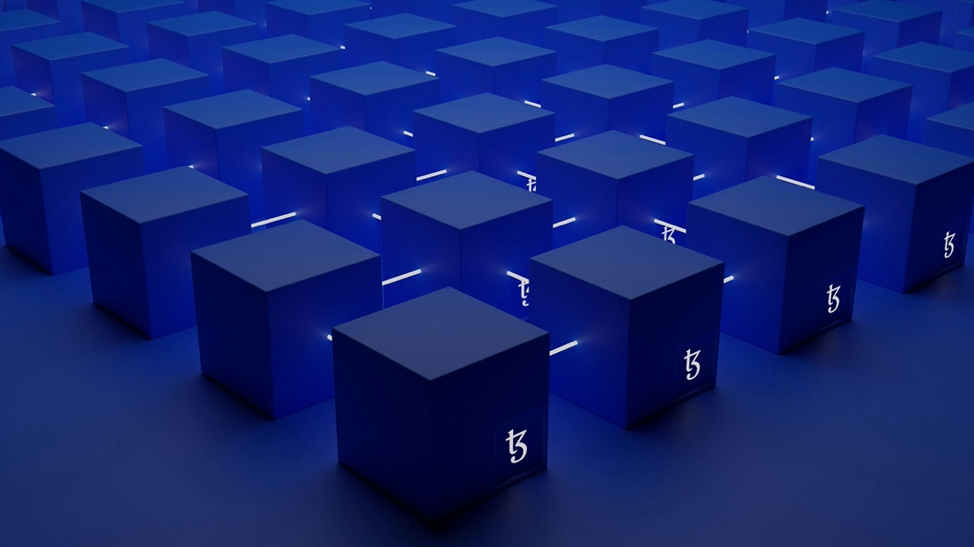Contents
The advent of the blockchain era has ushered in a new age of digital transactions and decision making. Smart contracts and blockchain automation are two of its most important inventions that are changing sectors and revolutionizing how business is conducted. These technologies promise process streamlining, cost reduction, and removal of middlemen; thus providing room for much more decentralized and efficient future.
An Explanation of Smart Contracts
Smart contracts are a type of contract that automatically execute themselves with the terms of the agreement coded into the contract itself. These contracts enforce and execute conditions agreed upon as soon as specified criteria are met. Unlike traditional contracts where intermediaries such as lawyers or banks are needed to regulate and enforce them, intelligent contracts operate in block chain technology thus making them tamper-proof, transparent and secure.
Main Characteristics of Intelligent Contracts:
- Automated:Smart contracts work automatically when certain conditions are met, thus lessening the need for manual intervention.
- Clear-cut: All the people involved can read the terms and conditions of the agreement therefore promoting trust and accountability.
- Safe:Smart contracts are encrypted and disseminated over many sites, which makes them impervious to unauthorized changes because they function on blockchain technology.
- Cheap:Smart contracts save time in transactions and process by eliminating middlemen.
Blockchain Automation: The Future of Efficiency

Blockchains technology development raised clever contracts to a new quality level by means of allowing complete procedures to be executed and monitored using decentralized networks. This technology enables companies to automate their work flow methods, supply chains and decision making processes without needing centralised authority.
Benefits of Blockchain Automation :
- Operations that are streamlined: The automation streamlines the procedures, helps to do tasks in real-time and reduces their complexity
- Decentralized control: The decentralized nature of blockchain assures that there is no single governing authority on the network leading to even more democratic and transparent system
- Improved operational efficiency: Automation gives quicker processing times as well as less manual errors which improves performance.
- Scalability: Easily scales up for managing increased amounts of data and transactions.
True Life Applications
In many fields already, smart contracts and blockchain automation have initiated a revolution:
- Finance: Charge processing that is automated, detection of fraud, and move border transactions have been changed for the better by blockchain technology.
- Supply Chain Management: To make sure that only authentic goods are sold, movements are monitored and bills are automatically sent to the sellers when the goods are introduced thereby eliminating chances of fraud.
- Healthcare: Patient details can be securely stored and shared at the blockchain thus ensuring data credibility and reducing administrative costs.
- Legal: Through smart contracts, legal agreements can be automated thereby reducing need for costly legal services and ensuring contracts are executed as detailed.
Buy Bitcoin: Embracing the Blockchain Revolution
In this rapidly changing world of blockchain technology understanding the importance of cryptocurrencies like bitcoin is crucial. This is because one can send money without relying on banks since Bitcoin operates on such blockchain technology which allows for peer-to-peer transactions. Buying Bitcoin in such a case becomes the entry point towards a decentralized financial world (DeFi) where one can play with cryptocurrencies.
So, when you buy bitcoin it’s not just about acquiring another digital asset in form of cryptocurrency. It is investing in the future of finances through bitcoin transactions that are secure, transparent and unchangeable thus ideal for those keeping value or wishing to carry out cross-border payments. Moreover, owning bitcoins can be an excellent strategy for diversification within your investment portfolio while also taking part in current digital epoch as more and more people join Cryptocurrency trade globally.
The Future of Decentralized Decision-Making
The emergence of cryptographic exchanges and computerisation of transactions will soon follow. With the continued development of the latter technologies, there could be even more ground-breaking uses in an attempt to change the way we do business, manage information and make choices. Decentralized choice-making, which is facilitated by blockchain, promises to result in a fairer and more effective world where trust has become an inextricable part of our electronic communications.
Main Possible Developments:
- Increased Involvement Across Fields: As blockchain technology becomes more accessible, industries beyond finance like healthcare, real estate and government, will probably embrace decentralized systems.
- Improved Information Privacy: People can expect greater control and confidentiality over their private information because of blockchain’s intrinsic encryption and decentralization.
- Decreased Incidence of Fraud: Owing to its transparency and unchangeability, it is difficult for malicious actors to alter or falsify records saved on blockchains thus reducing chances of getting cheated.
- World-wide Cooperation: Decentralized decision-making will enable easier international cooperation since there would be no need for brokers.
- Growth in Governance Models: By using Blockchain, there might be new types of governance where communities vote and make choices openly but not centrally.
Pioneering a New Era of Decentralized Decision-Making

Smart contracts and blockchain automations provide a future choice-making process that is decentralized, transparent and efficient. These technologies have the potential to disrupt conventional sectors, encourage innovations and develop more just institutions. Thus, when we go on exploring and implementing blockchain solutions, the necessity of trusting in the intermediaries will reduce, hence leading to more stable and effective digital environment.
Welcoming such developments today means that organizations as well as individuals are well poised for revolution to come within the realm of decentralized technological devices. Determination making process is no longer necessarily digital; it’s decentralized, already in existence. Therefore prosthetics should be engaged while the innovative individuals of this change should show leadership during such transformative technology.

